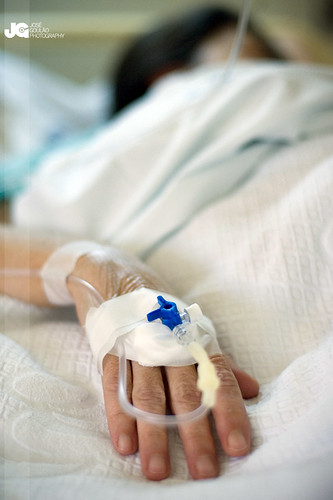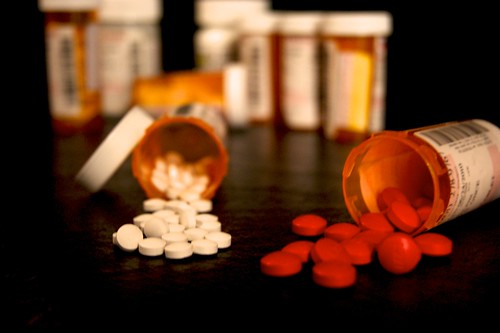Here are their hopes for the upcoming year:
Identify patients
correctly: health care workers should use at least two different ways to
identify a patient. Also, workers should make sure that patients are getting
the correct blood when getting a transfusion.
Improve staff communication:
Important test results need to get to the right person on time.
Use medicines
safely: Medicines that are not labeled need to have a label written on
them. Also, patients who are taking medicines that thin their blood need to be
given extra care. Patients need to have their medicine list recorded and passed
along correctly.
Prevent infection:
Set goals for improving hand hygiene, and use the hand cleaning guide from
the Centers for Disease Control and Prevention or the World Health
Organization. Also, use proven guidelines to prevent infection from surgeries
and catheters.
Identify patient safety
risks: Find out the patients that are more likely to commit suicide.
Prevent mistakes
in surgery: Health care workers need to make sure that the correct patient
is going to have the correct surgery in the correct place. The correct place
where the surgery is to be done should be marked. Also, workers should pause
before the surgery takes place to make sure a mistake has not been made.




